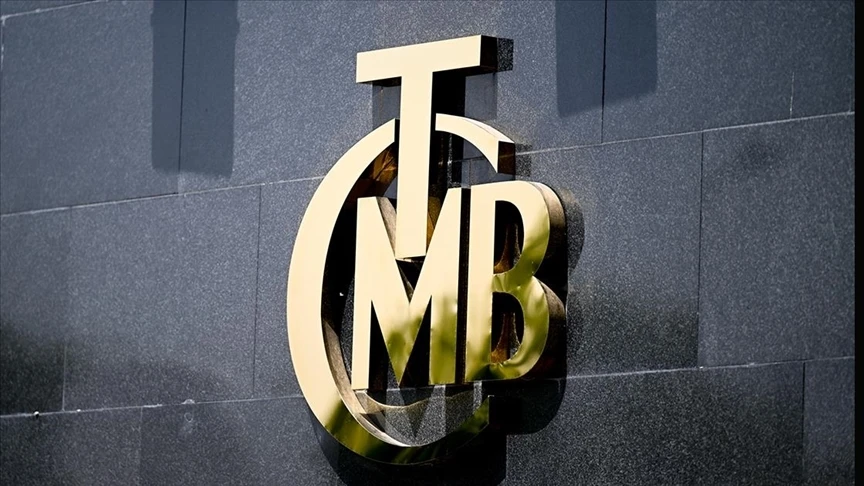France takes bold steps to combat fast fashion pollution

France passes laws to combat environmental damage caused by fast fashion, focusing on Chinese mass manufacturers
The fashion capital of France acted decisively on Thursday to combat the environmental damage caused by fast fashion. The nation’s parliament made history by approving a number of laws intended to reduce the appeal of fast, low-cost apparel manufacturing, with a focus on Chinese mass manufacturers.
These laws, which are seen as revolutionary by Minister for the Ecological Transition Christophe Bechu, establish France as the global leader in regulating the excesses of rapid fashion.
The implementation of an environmental levy on low-cost commodities and the prohibition of promoting the cheapest fabrics are two of the major elements that have received support. A number of local companies have failed in France as a result of the flood of inexpensive foreign apparel.
Environmental concerns stand as the motivating cause behind reforms, according to Horizons, the party that supports President Emmanuel Macron. Horizons deputy Anne-Cecile Violland emphasized the textile industry’s big environmental effect, citing the sector’s 10% share of greenhouse gas emissions and major water contamination.
Shein, a Chinese firm well-known for producing 7,200 new clothes items a day, was singled out by Violland as a representative example of the problems with intense fashion manufacturing.
Based on manufacturing levels and the rate at which new collections are introduced, the law establishes criteria for categorizing fast fashion. When the rule is passed, fast fashion companies will have to tell customers about the environmental impact of their items.
In addition, a tax will be applied to fast fashion goods to mitigate their ecological effect. The price will start at five euros per item and increase to ten euros by 2030. This fee, however, cannot go over 50% of the cost of an item.
Violland underlined that the money collected from this levy would be used to help environmentally friendly apparel manufacturers and increase market competitiveness.
The law limits the promotion of fast fashion items to dissuade consumers even further. Conservative politician Antoine Vermorel-Marques highlighted worries about the ramifications of prohibiting textile ads, despite some opponents arguing that this might herald the end of fashion.
During the legislative process, notable proposals to impose import limits, stronger labor standards, and minimum penalties for producers who disobey the rules were turned down.
The fashion sector in France, which is well-known for its high-end labels such as Chanel, Dior, and Louis Vuitton, is facing more competition from burgeoning Chinese giants like Shein and Temu as well as European rivals like Zara and H&M.
Source: AFP



